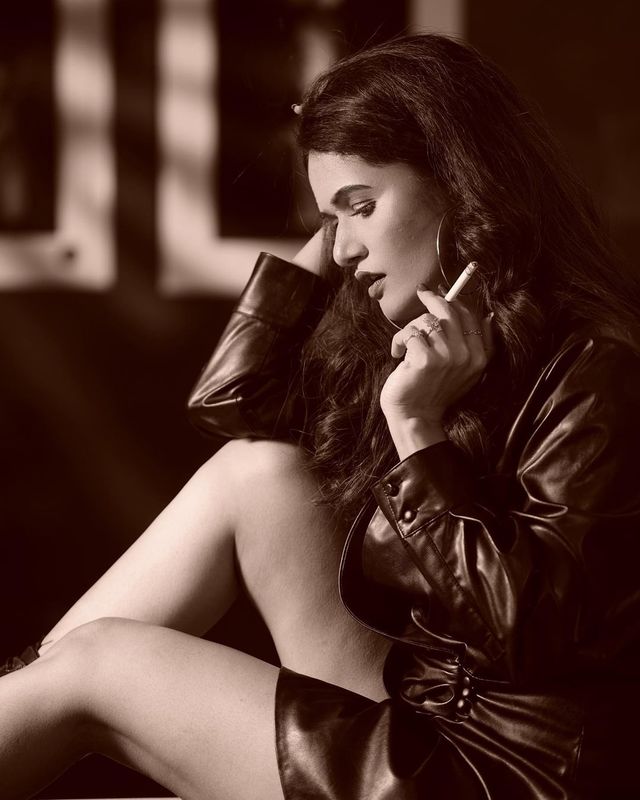INFRAME BEAUTY : WILLIAMSJI MAVELI'S POETIC BLISS

INFRAME POETRY
Poesy is an interpretation of human life as life itself is in the minds of the interpreters. What, then it has to be asked, are the essential elements within the interpretations of human life which we describe as poetic or blissful. We have only to think carefully of the connotations of the word poetical and an answer will at once suggest itself.
By poetical we understand the emotional and the imaginative. In this sense, we use the word in current conversation to describe a person, a book whatever its subject or form, maybe a picture, or an idea thrown out in talk. By the poetical interpretations of human life, therefore, we mean a treatment of its facts, experiences, and problems, in which the emotional and imaginative elements predominate.
It is the principal characteristic of poetry, then that whatever it touches in life, it relates to our own feelings and passions. One of the most definable uniqueness of the poetic form is the usage of language. Poets are miserly and unrelentingly significant in the way they play with words. Cautiously, casually selecting words for brevity and clarity is normal, even for writers of prose as well.
However, poets go well beyond this, considering a word's emotive qualities, its old story, its harmonious and lyrical value, essence, and even its emotional relationship to a human being. The full signature of poetry as an interpretation of life through imagination and feeling will be made apparent when we come presently to deal with the relations of poetry and science., and with the properties of poetic truth.
When we speak of imagination and feeling as predominating in poetry we mean to distinguish these as general and constant characteristics of the poetic treatment of human life; but we do not mean to state that their presence, even in the highest degree, is itself sufficient to constitute poetry.
We may regard them as essential qualities of all true poetry, and we may insist that without them even that which offers itself as poetry and is commonly accepted as such, must, as lacking their differentia, be pronounced unworthy of the name. But, they are not the only essential qualities, because they may exist in what we should to all poetic prose which is not the less to be dominated prose because it possesses these poetic attributes.
The common way of looking at this seems to be perfectly sound. There is much “ poetic” which is purely “prosaic”, and there is much prose which is markedly “poetical”; but a dividing line between prose and poetry still exists This thought implies that poetry, specifically so termed, is a particular kind of art: that it arises only when the poetic qualities of imagination and feeling are embodied in a certain form of expression.
This form is, of course, regularly rhythmical language, or metre. Without this, we may have the spirit of poetry without its externals. With this, we may have the externals of poetry without its spirit. In its very justly argument, poetry is more “philosophical” than history, heritage and culture.
Prose and poetry are two ways of classifying types of inscription in poetry. Sometimes we group poetry according to the topic theme such as fiction, non-fiction, mystery, drama, and so on, but here we're grouping it according to design and layout. Fortunately, the dissimilarity between what is prose and what is poetry is usually attractive intrinsic and impulse on the theme itself.
Have you ever been to see a musical show at your nearby theater? If you have, you know how important it is to find the best place to sit in the rows of seats in front of the stage. In poetry, a line is a kind of like a row of seats in a theater. Lines are the text that takes up one line, or row, in a poem.
Poems can have any number of lines. If you said ten lines, then you're right!. Each row of text is a line, and there are ten rows of text. Read the below poetic lines from my own pen written as a tribute poem to my co-write author Adriana Girolami, based in Florida in the United States of America on a book release celebration day of one of my published books.
“ All the soothing affection of the daybreak sun,
like I had celebrated from the days I had won,
Touching the fragrance of dew-kissed meadow,
I could feel immaculate odor outside the life window
All means of low tides of gratitude rippled in tears,
Just foreseen the day to be just as before, no fears,
I had meditated to engage in leisure out my morning,
As I rehearse to hold in power, no more mourning.
It brought about the smile that eternity had kept pursed,
All words were laced with the flora of spring season fills,
It spoke of best wishes meant only for many more quills.”
Poets are lovers of nature. All the countless objects of nature are a joy forever. God is the artist and nature is His own blessed poetic art. The mountains and the oceans the sky and the sea, the sun the moon and the stars, the flowers, and the meadows, the chirping of the birds and the music of the waters–all these possess an unearthly beauty.
Anyone who is blind to such beauties of nature and deaf to her music must be dead in the soul. The visible shapes of nature, her sights, and sounds speak to the poets the language of love and beauty.
Prose and poetry are two ways of classifying types of writing. Sometimes we group poetry according to the topic matter, say fiction, non-fiction, mystery, drama, and so on, but here we are grouping it according to format. Fortunately, the distinction between what is prose and what is poetry is usually pretty instinctive.
Poems are often easy to spot because the author is usually working to create a unique structure involving all of the senses. For instance, the poet may arrange words very deliberately on the page to look a certain way; poets choose words not only for their meaning but also because they rhyme or sound out a special rhythm; some poets even limit themselves to a fixed number of words or syllables. Even punctuation and grammar can be manipulated by the poet to fit in with the poem's structure.
WILLIAMSJI MAVELI
Like 0 Pin it 0



